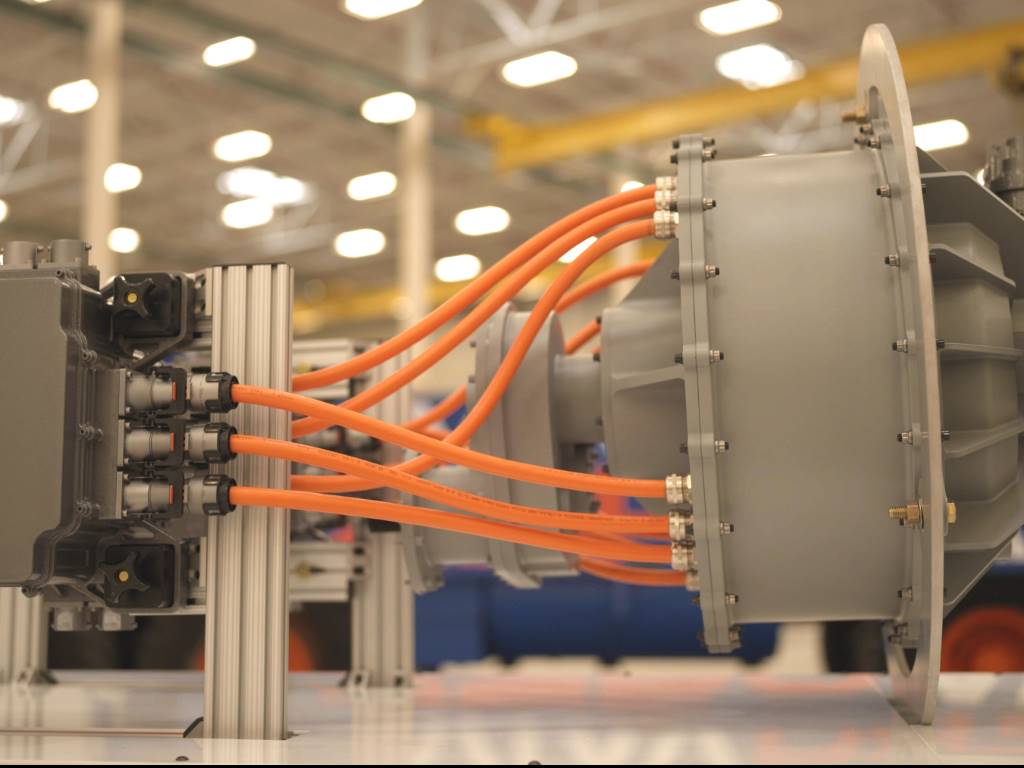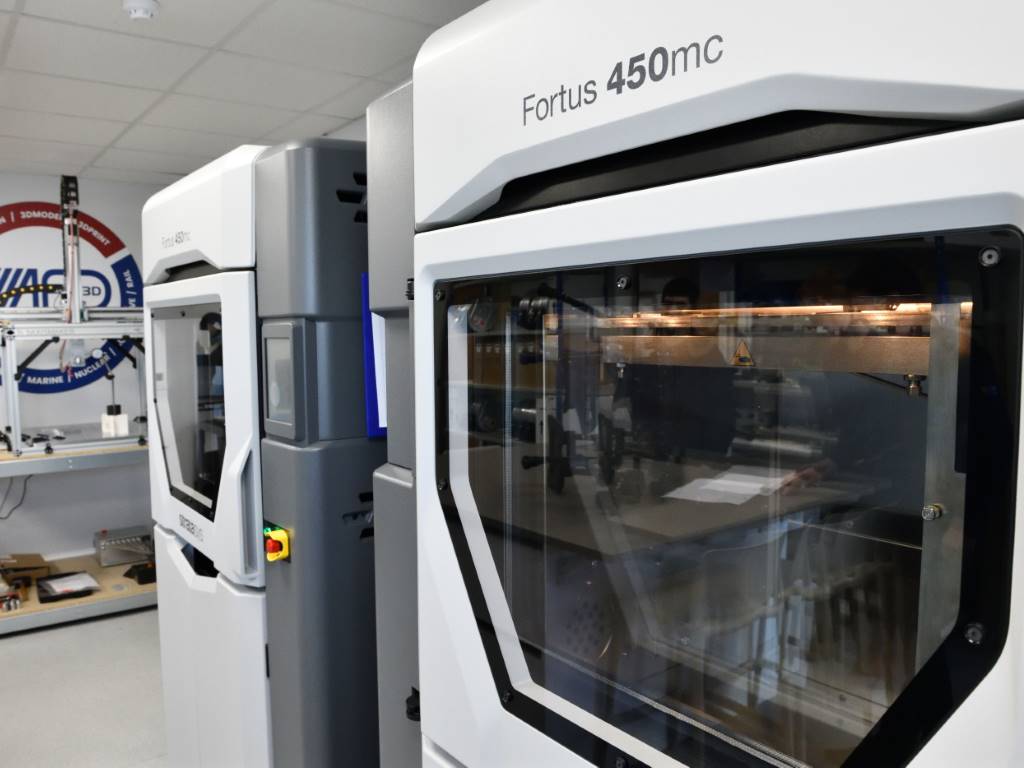Small is beautiful
Just 52km long and 22km wide, the Isle of Man may be one of the smallest aerospace industry regions, but it also one of the busiest as Ed Hill reports.
They say good things come in small packages, but what about small islands? The Isle of Man has a history in aerospace manufacturing that goes back more than 60 years and the UK Crown Dependency has continued to build on that heritage to create a thriving sector today. Adrian Moore is chairman of the Isle of Man Aerospace Cluster (IOMAC), which was set up with the cooperation of the Island's Department of Economic Development, Chamber of Commerce and local aerospace companies in 2006. “We were keen to ensure the cluster was not just a vehicle for marketing or a talking shop,” he begins. “We really wanted to look at how we could all work together for the benefit of the industry and create the right structure to attract new companies.” The cluster now consists of 19 members including well-known names such as: RLC Ronaldsway, GE Aviation, Swagelok, CVI Melles Griot Laser Optics and others in advanced aerospace manufacturing. “Aerospace is one of the primary sectors of our industry and the second highest employer. It employs more than 1,000 people if you include the service companies. The nature of most of the work is high-tech and high value with low mass production, so the logistics of getting things on and off the island become a very small part of the product cost. Our companies are involved in all the major civil and military aircraft programmes in the world including the 787, A350, A380 and A400M, Eurofighter Typhoon and the Joint Strike Fighter.” Independent advantages The Isle of Man's independent status when it comes to finance means it can offer incentives for companies thinking of setting up business. There is a 0% corporate tax rate and attractive grants are available. “We have a financial assistance scheme which differs from a number of others in the UK and Europe. Its main advantage is that if companies are successful, they can come back to the scheme year on year. Here we consistently reinvest in companies if they provide an economic benefit for the island, not just in terms of jobs, but also local spend and profile they create.” Moore's role with the cluster is combined with his work with the Department of Economic Development. “We like to think that our independent status does give us more agility to implement new initiatives and react to market forces. We try to be a government that companies want to actively cooperate with and not tie things up with bureaucracy.” The policy seems to be proving a success. In the last four years aerospace's contribution to the island's economy (GDP) has grown by 50% and it hopes to double its turnover in the next five years. “We want to continue to facilitate that growth and help businesses realise those opportunities. The defence market has taken a bit of a hit because of governments cutting back on spending, but the cluster has good diversification. Our companies have learned to be adaptable and not too reliant on defence work. Civil programmes are growing so much at the moment that the work does continue to be available if it is not around in defence.” Training the next generation Like most other first world manufacturing economies, the main concern for the future of the island's aerospace sector is filling the skills gap. The cluster's companies have cooperated with the local college to create a well-rounded apprenticeship scheme. “An unusual element to our scheme is that the trainees rotate with other companies in the cluster so they share the training for the benefit of the Isle's engineering industry as a whole, not just for one company.” The cluster also promotes its Awareness of Careers in Engineering (ACE) campaign in schools to attract youngsters into manufacturing. “The department and the cluster are co-sponsoring an engineer who does sessions in schools. It is all about quashing some of the myths that have built up around manufacturing such as it being low paid and dirty. The classes are practical and fun for children across a range of ages. “It has worked extremely well. In the past companies struggled when they advertised for apprentices to get the calibre of students they needed. Since ACE they are getting 200 applying for just six positions. It has created a bit of a problem in that we don't have enough places on our apprenticeship schemes and college courses to take all the people who want to get into engineering as a career. “IOMAC, the Chamber of Commerce and our Department of Education are looking into a programme that will include a new academy that can take many more students and train them to a very high standard. “If we get it right we hope we can create the sort of courses that people will want to come to from further afield to train.” IOMAC is also a sister cluster of the North West Aerospace Alliance with which it cooperates closely and at last year's Farnborough Airshow it announced an office of the ADS would be opening on the island also run by Moore. “It allows us to cement our position as part of the UK supply chain. Technically the Isle of Man is not part of the UK, but in terms of the supply chain business and finance we are very strongly linked to Great Britain, the North West and City of London. “The ADS was also keen to pursue the relationship because of our Space sector which we are also well known for. It allows us to work with them and take advantage of the broader international reach of UK Trade and Investment. They have offices in Scotland and Northern Island and now the Isle of Man's manufacturing has the critical mass it make sense.” So although its small size may be seen as a drawback, Moore is convinced the IOMAC can continue to fight its corner in one of the healthiest sectors in manufacturing. “When we launch something like ACE we can take a joined up approach, it's not coming from some remote Government on high. We can work together, including the private sector. Our five year strategy aims to add 200-300 jobs over the next five years. Our order books are growing all the time, the capability we have on the island is excellent. We are rolling out the second part of our programme ‘Journey to Process Excellence' (JTPE) based on Rolls-Royce's improvement tool. Our companies can benchmark themselves against a world class model. “World class is a notion that moves every day. It is always going to be a continuous improvement cycle. And the cluster is helping our businesses to stay ahead of the curve and increase those order books.” www.aerospace.co.im












